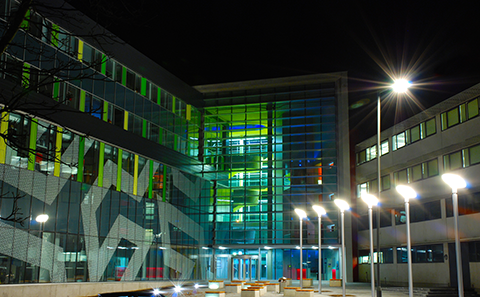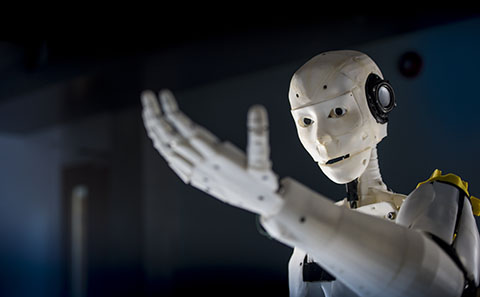
Electronics and Electrical Engineering (EEE)
EEE's research interests span the whole range of electronics and electrical engineering, from nano-scale devices up to grid level high voltage engineering.

EEE's research interests span the whole range of electronics and electrical engineering, from nano-scale devices up to grid level high voltage engineering.

ESS brings together expertise in computer science and electronic engineering to develop novel insights and developments in theoretical foundations.

AIC is engaged in world‐leading research into the science and engineering of complex socio‐technical, socio‐economic and socio‐ecological systems that underpin the greatest challenges facing society.